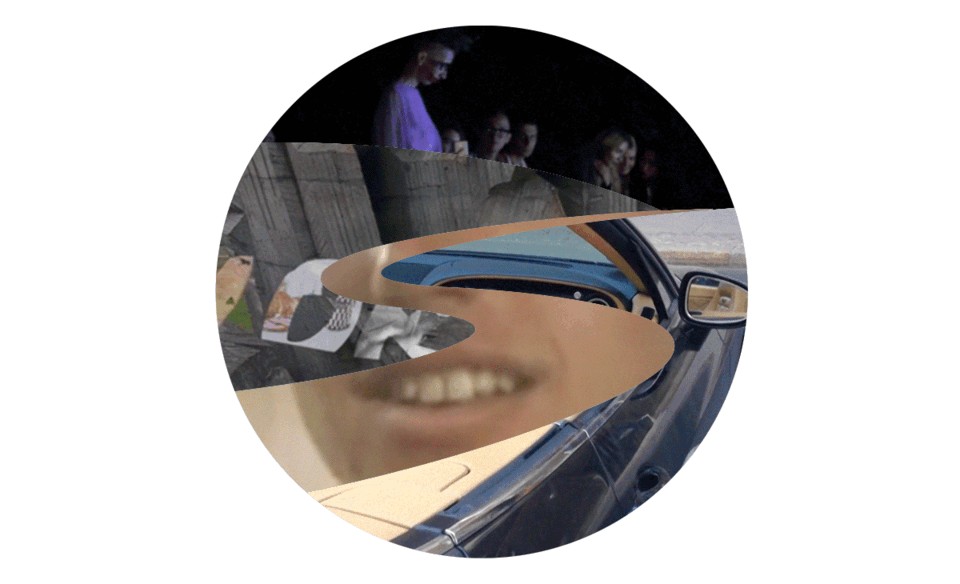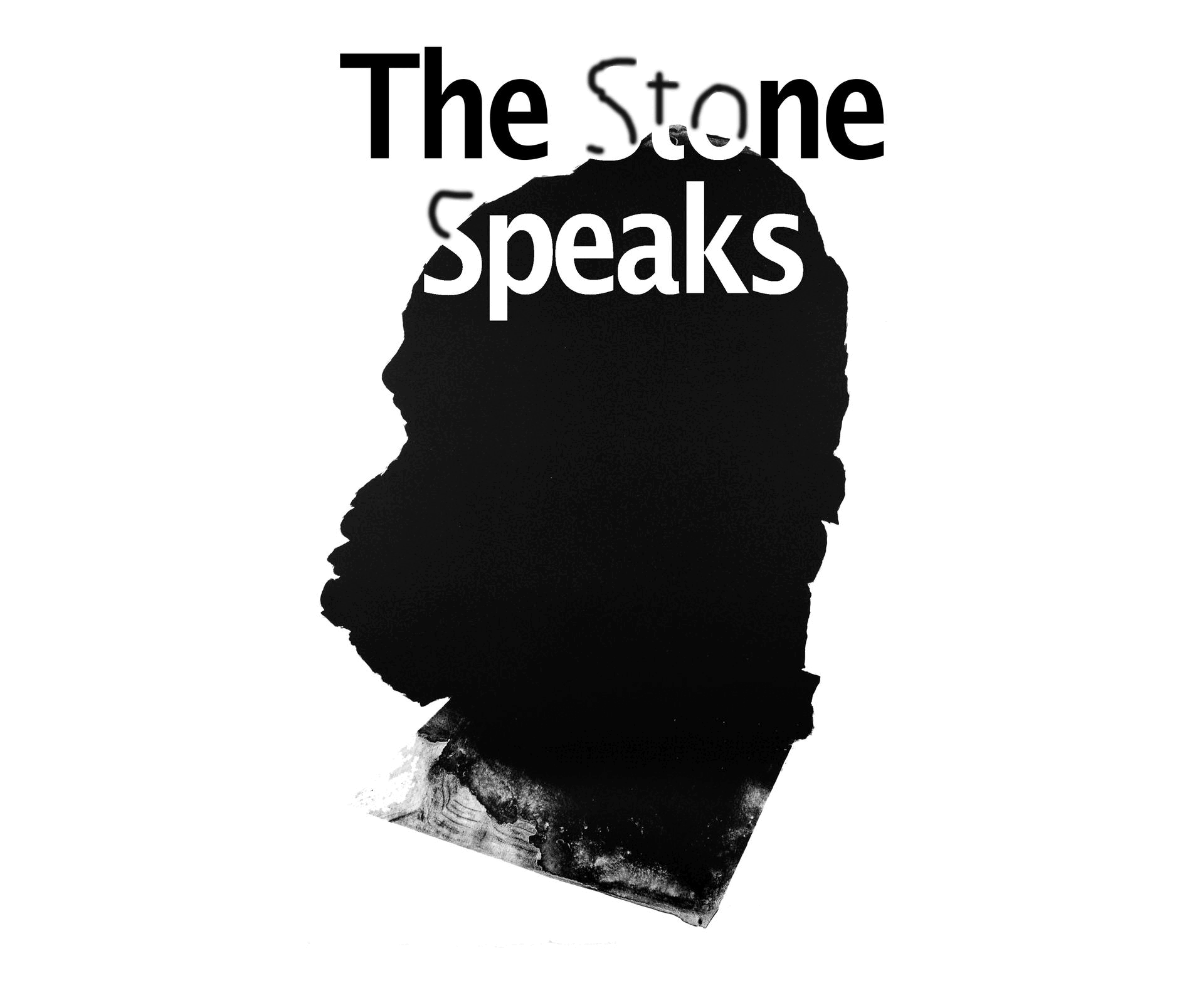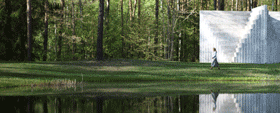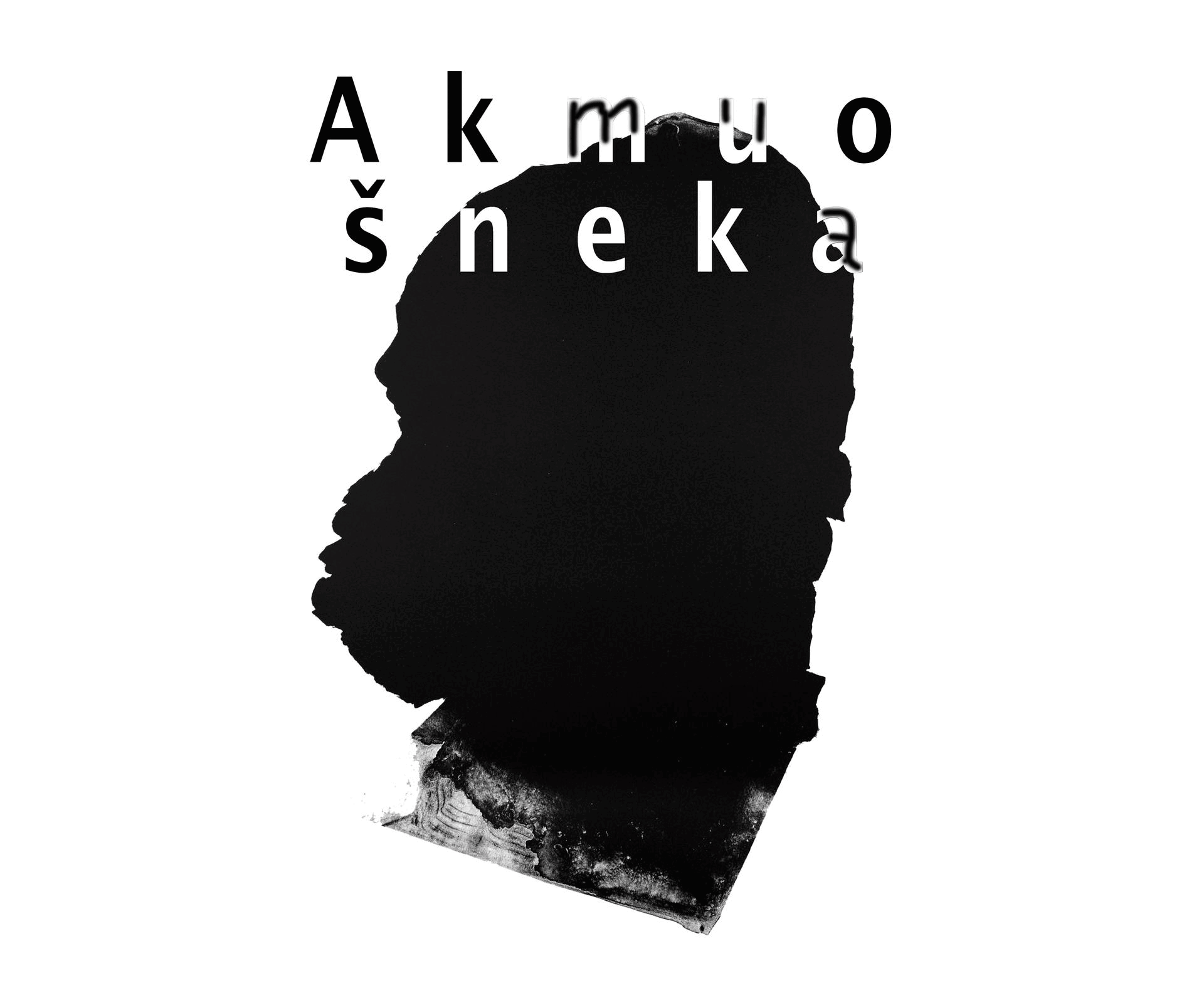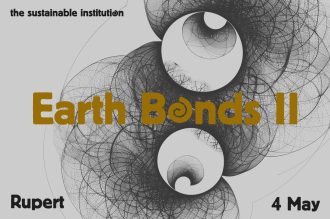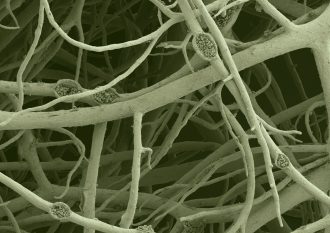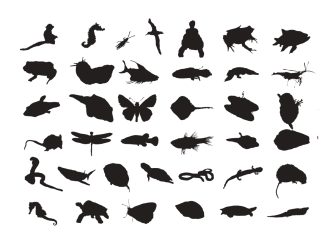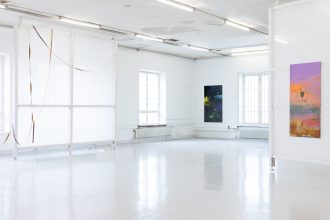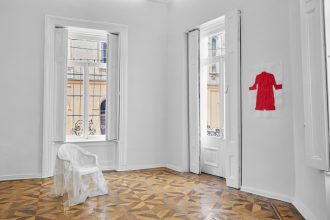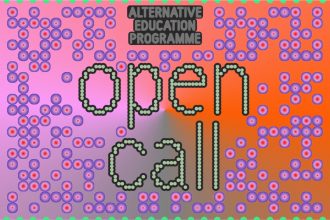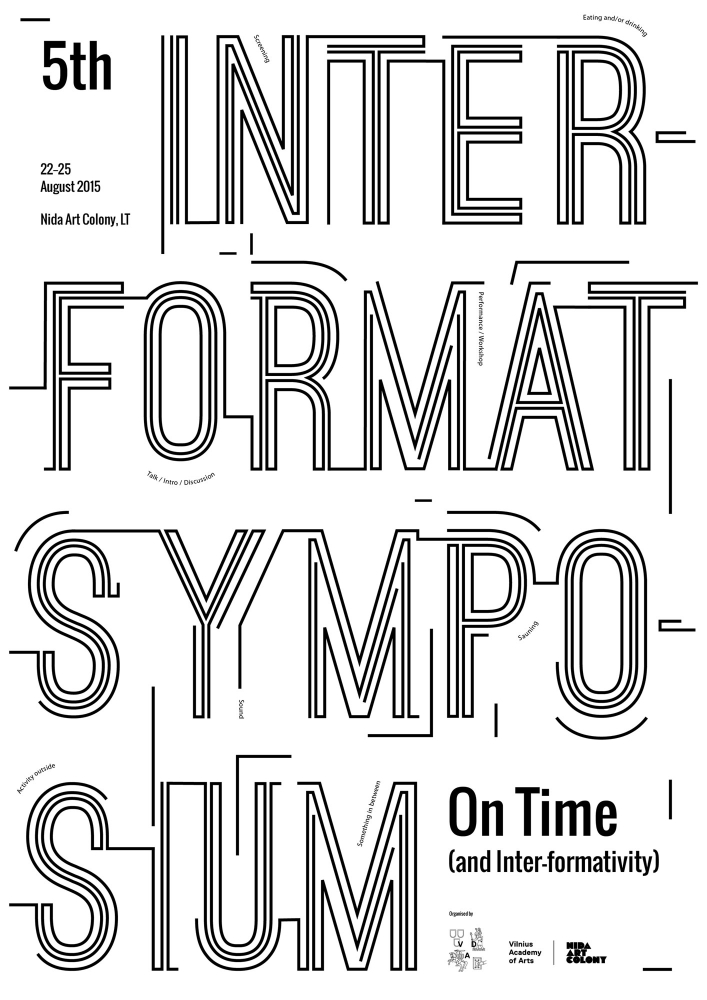
This year marks the fifth iteration for the international symposium and aims to reflect its own course, with the focus on artistic and academic notions of time and inter-formativity itself. The participatory nature of the symposium – between a conference and an art festival – brings together 40 professionals (artists, curators, scientists, researchers, time-managers) for three days and nights to an intensive sharing and working environment. After being tired of too short coffee breaks and too long presentations, we will attempt to re-order extended and condensed time slots, and experiment with formats of presenting and sharing art and knowledge.
The symposium this year is co-curated by dr. Vytautas Michelkevičius (LT) and Andrew Gryf Paterson (SCO/FIN).
The 5th edition of the Inter-format symposium has two goals: To reflect upon and rethink the symposium as an experiential and discursive space where knowledge sharing happens in very different formats, beyond our usual understanding what is a lecture (seminar, presentation, discussion, etc.) and performance (stand-up, participatory event, jam session, etc.); To consider the role of time as a medium for sharing experiences and knowledge, including it’s out/on-goingness and limitations.
We have a programme of extended and condensed time slots, with one day of structured events and another of undefined schedule for the limited time we have together. We include reflections, interventions and alternative time-conscious tools or activities, which may be time-keeping or time-wasting, chrono-hopes and fears. More than half of the participants return from previous inter-format symposiums (which already hosted around 200 participants) in order to stretch back and include reflections and experience from the last four years. However, we also invited new-comers and contributions which consider the context afresh.
Documentation, and its other forms like procumentation (proactive documentation), documentary compiling, archiving and processing, etc. are an important part of the symposium because it helps to share ideas and experiences to the wider audiences, and also a partial record of time together. These may make a manual or collection of proposals (instructions) for other symposia.
Participants
AEAEAEAE (NO/DE), Clotilde Amprimoz (FR), Jogintė Bučinskaitė (LT), Jurij Dobriakov (LT), Terence Erraught (IE), Error (US/EE/FI), Aldis Gedutis (LT), Maris Grosbahs (LV), Tomas Grunskis (LT), Gabriel Hensche (DE), Hannah Harkes (UK/EE), Theun Karelse (NL), Laurynas Katkus (LT), Maria Kotlyachkova (RU/SE) with remote contributions by Ilya Grishaev (RU) & DJ123 (RU), Björn Kühn (DE), Claudia Larcher (AT), LiNas (NeringaFM, LT) with remote contributions by John Grzinich (US/EE), Taavi Suisalu (EE) and Gilles Furtwängler (CH), Marianna Maruyama (US/NL) with remote contribution by Saulius Leonavičius (LT), Romi Mikulinsky (IL), Marina Noronha (BR/FI), Ieva Rekštytė (LT), Fiona Reilly (IE), Anna Romanenko (DE), Jodi Rose (AU/DE), Nastja Säde Rönkkö (FI/UK), Kristupas Sabolius (LT), Ciara Scanlan (IE), Karolis Tamošiūnas (LT), Jol Thomson (CA/DE), Julijonas Urbonas (LT), Sofia Varino (PT/US/DE), Julia Wirsching (DE).
Questions and keywords
How do Nida and other remote places change the perception and flow of time? Value of condensed and extended time; Tools to measure or lose time; Disciplines of time and timing; Re-iterations and reflections; Durational practices; Chrono-hopes and fears; What happens when presentation time is swapped with coffee breaks? Scheduling overlaps and interventions; Down-time, End-time: Chronopolitics; Practice-based and theory-based understandings of time; Performance instead of lecture and theory-building by performing; Squeezing your 2 years research into 2 or 20 min and avoiding powerpoint presentations
FULL PROGRAMME TO DOWNLOAD (PDF)

